At work, staring at the full pantry, I realized that the selection of an afternoon snack is a tricky proposition. From the array of snack items available, it became increasingly evident that my employer has absolutely no interest in my long-term health. Up for grabs, there are healthy snacks and food items with high calorie and carbohydrate counts as well as various sugary drinks. Indulgence is totally a personal preference but managing one’s health is a personal responsibility. There would not be a statutory caution on the kitchen shelf to help me decide. I am the owner of my fate.
Wish it was as simple while reacting to the social media content. Social media messages disguised as impartial news have altered the value system of people to the point where it has become an epidemic. The number of people dependent on social media for the daily dose of news is constantly increasing. The ever-reliable print media is trailing in almost all demographics as a credible source for the news. And as a result, a large portion of society receives adrenaline from their social media feed. In the last decade or so, social media has been used predominantly by political groups for micro campaigning. The medium is easy to reach out to, fast to spread, and thus has quickly become a platform for disinformation all across the world.
The argument made against the social media platform refers to the lack of control over the political advertisement and its inability or lack of will to fact-check the thought process before publishing. The damning political and social messages rampant in recent times, especially in 2020 the US presidential election, will make one feel all earlier elections to be technologically in infancy. Social media platforms are doing more harm than help to the democratic process, by possessing vast data and letting someone influence the political or social viewpoints based on it. These platforms are abused by those who want to influence the democratic process one way or other. For example, in the 2016 US presidential election, several fake Facebook users distributed false information. However, now, in 2020, the machinery of meddling in the electoral process has become very sophisticated through the exploitation of the real and actual user to induce the divide.
So why is this process of deliberate infusion of divisibility working well? It is very clear that we, the people, are getting more impatient in concluding on any topic. We do not seem to keep any viewpoint under the microscope before either succumbing to it or opposing it. In the good old days, the news used to trickle down to the common man and not just pour on 24x7. Moreover, the authenticity of the news used to be associated with the authentic brand of news making. Print media used to take pains to get the sources vetted before presenting them to the readers. With social media, almost all the users have become pseudo-journalists and have opinions on everything under the sun. The issue is not that the “journalist” social media users have an opinion, but that their opinions are influenced by false information helping the users to generate a convenient truth. Amazingly with very limited technical knowledge a common user can alter the content before posting and reverberating it. The lack of patience and the inability to go to the bottom of any political or social discussion led many users to trust the content that is offered by a not-so-reliable source.
The use of social media to reach out to constituents is now practiced by almost all world leaders. Today the culture of misinformation has become a very serious issue in front of democracy. Microblogging sites make us even more vulnerable as their messages are short, provocative, and often without any references. The misinformation problem is not pertaining to any country or region. It is alarming to see how in India, where the mobile phone penetration is one of the highest and data rates are one of the lowest, agenda messaging is on the rise. The political parties have started full-blown IT Cells which systematically produces provocative and confusing statements to its follower across the globe. It is now beyond just a belief that there is an external interference in the US elections. While the polling system in the United States is not compromised, the polarization of the voters is very imminent. The only plausible mechanism due to which the voters are becoming increasingly polarized remains to be the false propaganda messages via social media.
So, where does the buck really stop? Is it expected from social media companies to verify every message before appearing publicly? Is it even technologically possible to do so? These are tough questions. But just like a confused person in front of a super-crowded pantry of food items, it is on us, the common people, to judge the information and to control our own reactions. The need of the hour is to educate people about checking on the references and not to trust a single source of the information. Posts on social media are often provocative. The misinformation is designed to arouse an extreme reaction from the readers. While being in these extreme emotions, readers should evaluate the basis of such a reaction and cross-check the source of it. Before reacting to such news, readers must cross-reference each such provocation with several other sources; and have at least one source from the print media before forming an opinion. Sure, it will take time for the user to conclude on a topic. It might even delay the response in an exchange with others. But the informed opinion would always be the sound opinion.
Whether social media platforms divide or unite society is a bigger debate. Should it be regulated is an even more political debate. There are successful uprisings orchestrated with the help of social media. But it is not a coincidence that since its invention, social media has contributed more adversely in instances like the US election, Brexit, and Politics in India, Brazil, as well as Europe. As a medium of socializing and communication, social platforms have long ways to mature. In the meantime, the users need to be more cautious. The users need to question any such information that comes voluntarily to them. Any extreme emotion invoked should be introspected by the users for authenticity. There must be an effort to educate citizens and to identify the incorrect information. The specific training of controlling the exuberance of sharing personal information (as simple as the mother-daughter dare or your own voting record on social media) must be highlighted with specific drawbacks. This type of information-sharing might avail companies to generate massive databases of human profiling which could be used for influencing the decisions.
Interference in the thought process - be it political or social - is an issue not just for a particular age group or country or gender. If not taken seriously now, it could haunt society and democracy for years if not generations to come.
-Salil Joshi
saljos@hotmail.com

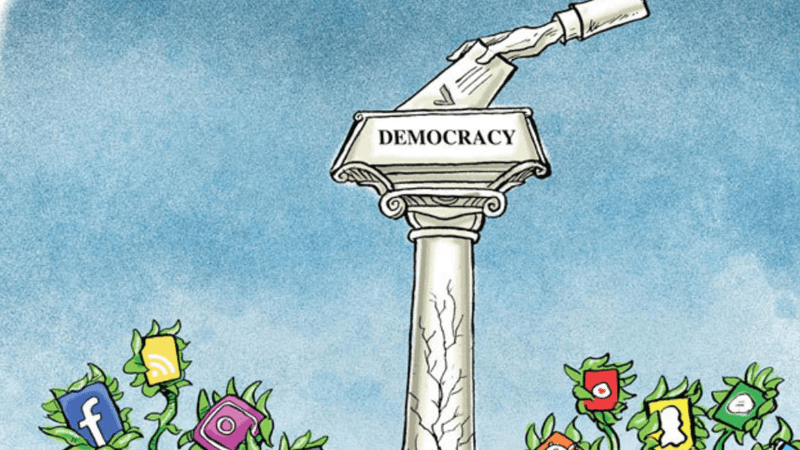

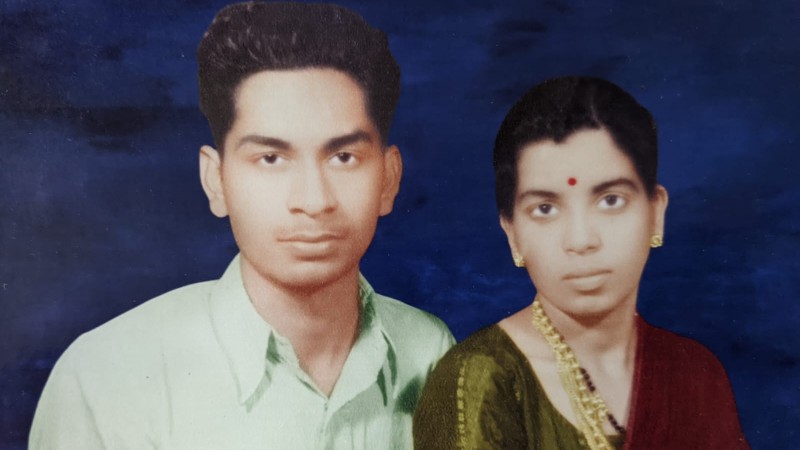

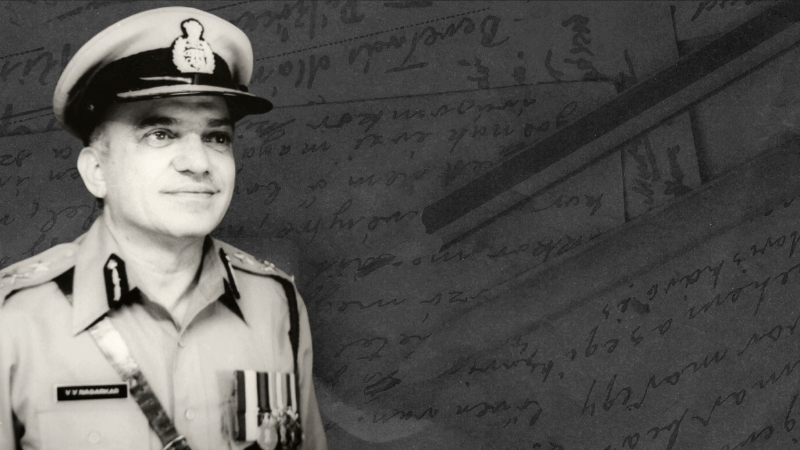
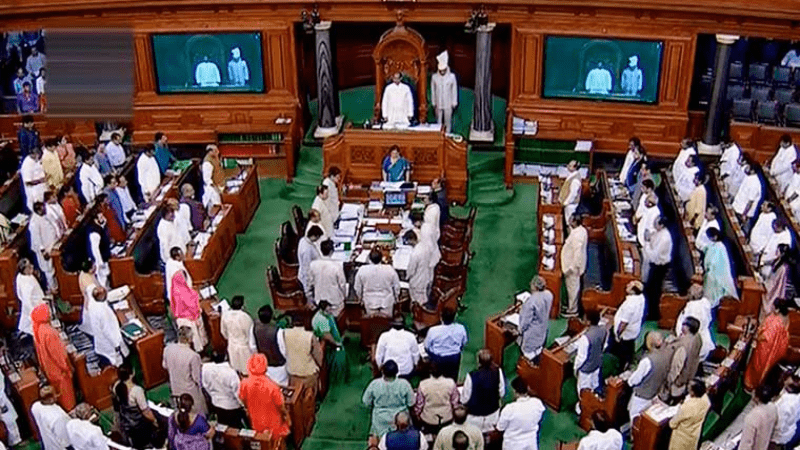
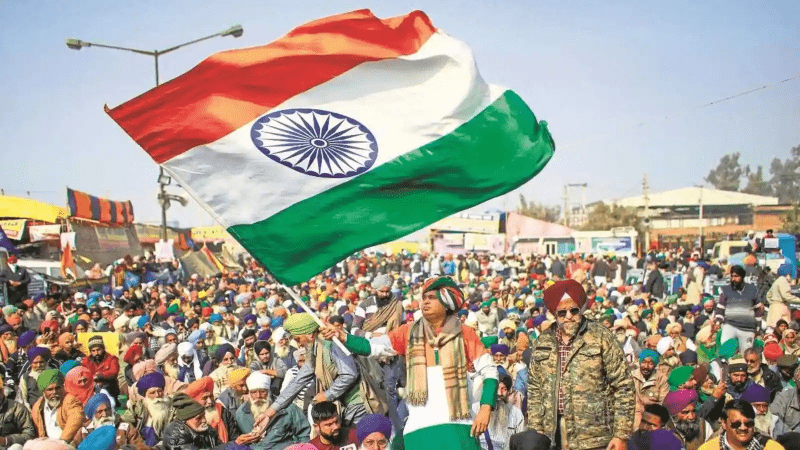

























Add Comment